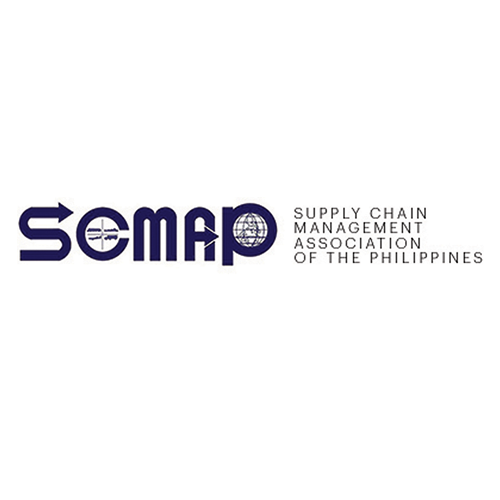“If we weren’t together then, what would have happened during the pandemic?”
This question was raised a couple of times during a dinner held in honor of now former Department of Trade and Industry secretary Ramon Lopez by the members of Logistics Services Philippines, a gathering of industry organizations—including SCMAP—formed in 2018 to provide an avenue for discussion of common concerns and provide feedback on government initiatives to better our supply chains.
I remember our initial meetings at the DTI offices in Makati. There were many long discussions on how we can best come together. The supply chain sector in the Philippines is fragmented, in part because of how huge it is. There were specific associations for various sub-sectors—freight forwarding, shipping, trucking, various customs processes—not to mention those working supply chain roles for manufacturers and retailers, who are among those SCMAP represents. There were also different concerns, some of which may be in conflict with each other. How do you reconcile that?
The journey isn’t easy, and the Ten Commitments signed by the associations and concerned government agencies in 2018 are pretty daunting, to say the least. But three and a half years later, progress has been made. For instance, steps are underway to reduce bureaucratic requirements for logistics companies, as exemplified by the Unified Logistics Pass espoused until recently by the Anti-Red Tape Authority. The International Maritime Trade Competitiveness Act, which addresses long-standing concerns with shipping rates, is pending in the Senate, after years of work at both the executive and legislative levels. The first Philippine Skills Framework launched last year addressed concerns on supply chain education in the country, particularly among those working on the frontlines.
The results may not yet be in full, but we are definitely on the way—and it would not be possible without various industry associations, representing different parts of the supply chain, coming together to talk about common issues and common goals. Which leads us back to the original question: if we weren’t together then, what would have happened during the pandemic?
It was through LSPH that supply chain stakeholders were able to stress to government the importance of allowing logistics personnel to continue working at full capacity, and of allowing them to freely move across provincial and town borders, to keep supermarkets and drugstores open and well-stocked with “essential” goods. Through this avenue, the DTI threw its support being the principle of “unhampered movement of goods”, particularly in the first weeks of lockdowns, when mobility was severely limited across parts of the Philippines.
Sure, our supply chains continued to face problems, but they weren’t insurmountable ones compared to what could have been. Arguably, if not for industry associations coming together with one voice—and if not for responsible government agencies heeding the call—our economy would have contracted further, and the exponential gains in e-commerce we are seeing now would not be realized.
If you ask me, the LSPH umbrella is a great illustration of how our supply chains can work better if everyone involved in it comes together and works to achieve common goals. It does not mean instantaneous results, but it means a better understanding of the concerns of different players, and keeping those in mind as we move forward—as one supply chain, rather than as individual parts. It is through this understanding that we can make more holistic and more sustainable approaches to addressing long-standing issues, and hopefully, moving our supply chains forward in this most critical and challenging of times.
I have this in mind as we transition to a new administration. Every six years there’s always apprehension that the progress made before would be set aside, if not undone, as priorities and champions change. With the stronger voice of different supply chain stakeholders across the country, we are hopeful that initiatives introduced over the last few years would not suffer that fate. We look forward in particular to working with the new secretaries for DTI and the Department of Transportation, and other relevant agencies under them. Our supply chains continue to face many challenges: the impact of inflation on logistics and transportation costs, the continuing issues with capacity and capability, the quest for competitive and relevant infrastructure and facilities. Insurmountable at the surface, sure—but together, step by step, we can get it done.
Become a sponsor at SCC22: Expand your networks, showcase your solutions and generate leads at the most prestigious event in Philippine supply chain, returning in person on 22-23 September at the EDSA Shangri-la – and also happening online. Book your booth by July 22 and get 10% off published rates. See available packages and more information on our website, scmap.org.
Henrik Batallones is the marketing and communications director of SCMAP, and editor-in-chief of its official publication, Supply Chain Philippines. More information about SCMAP is available at scmap.org.





